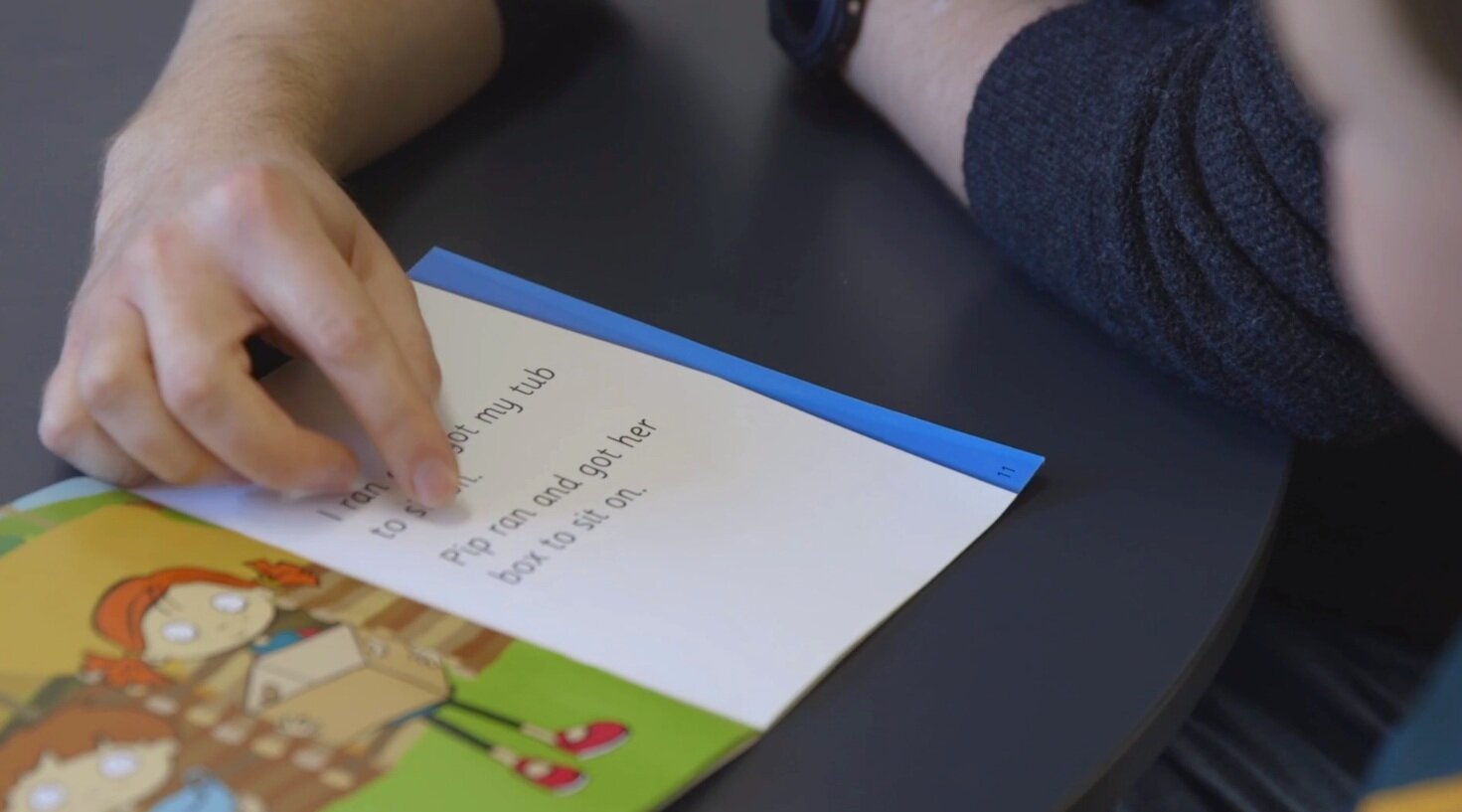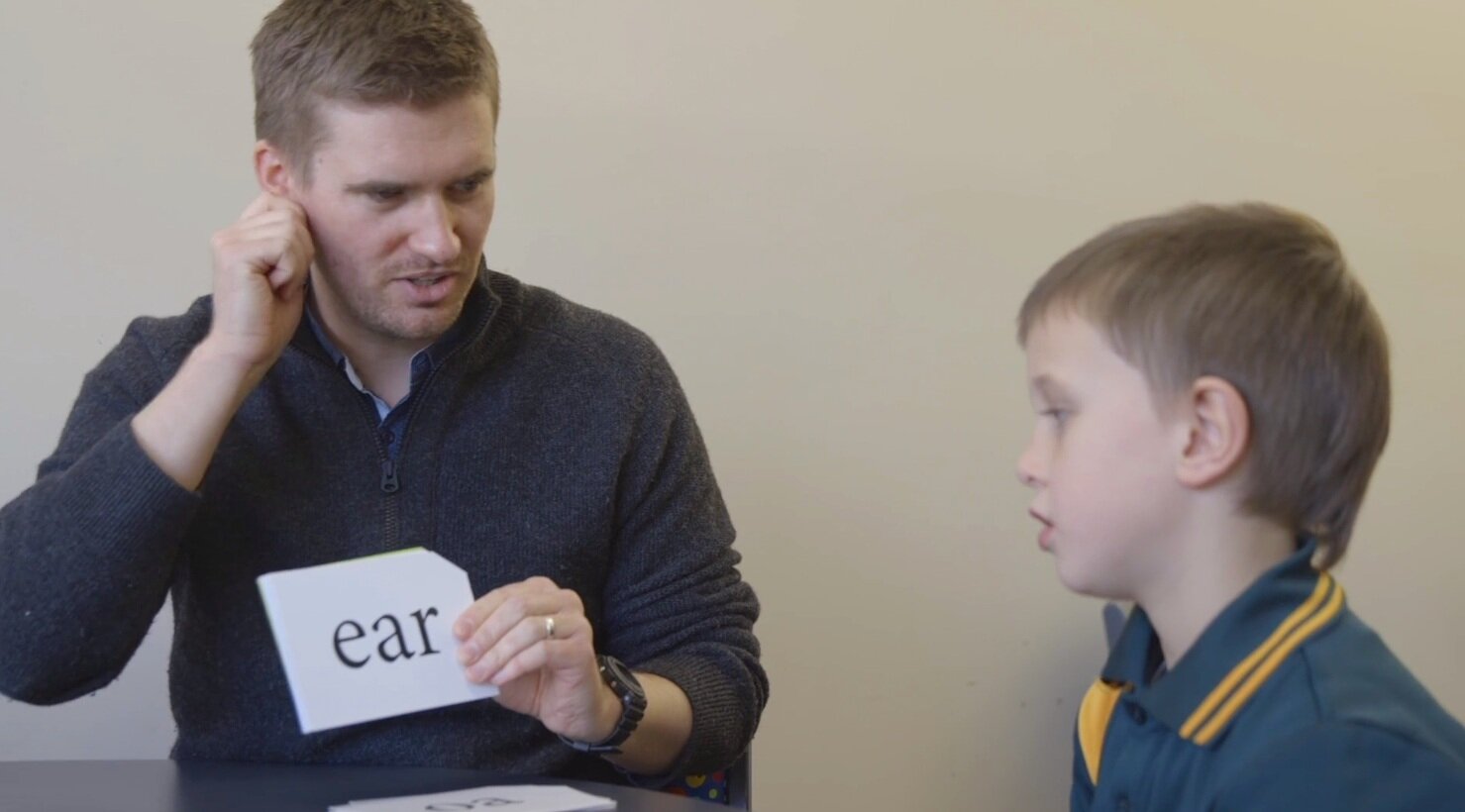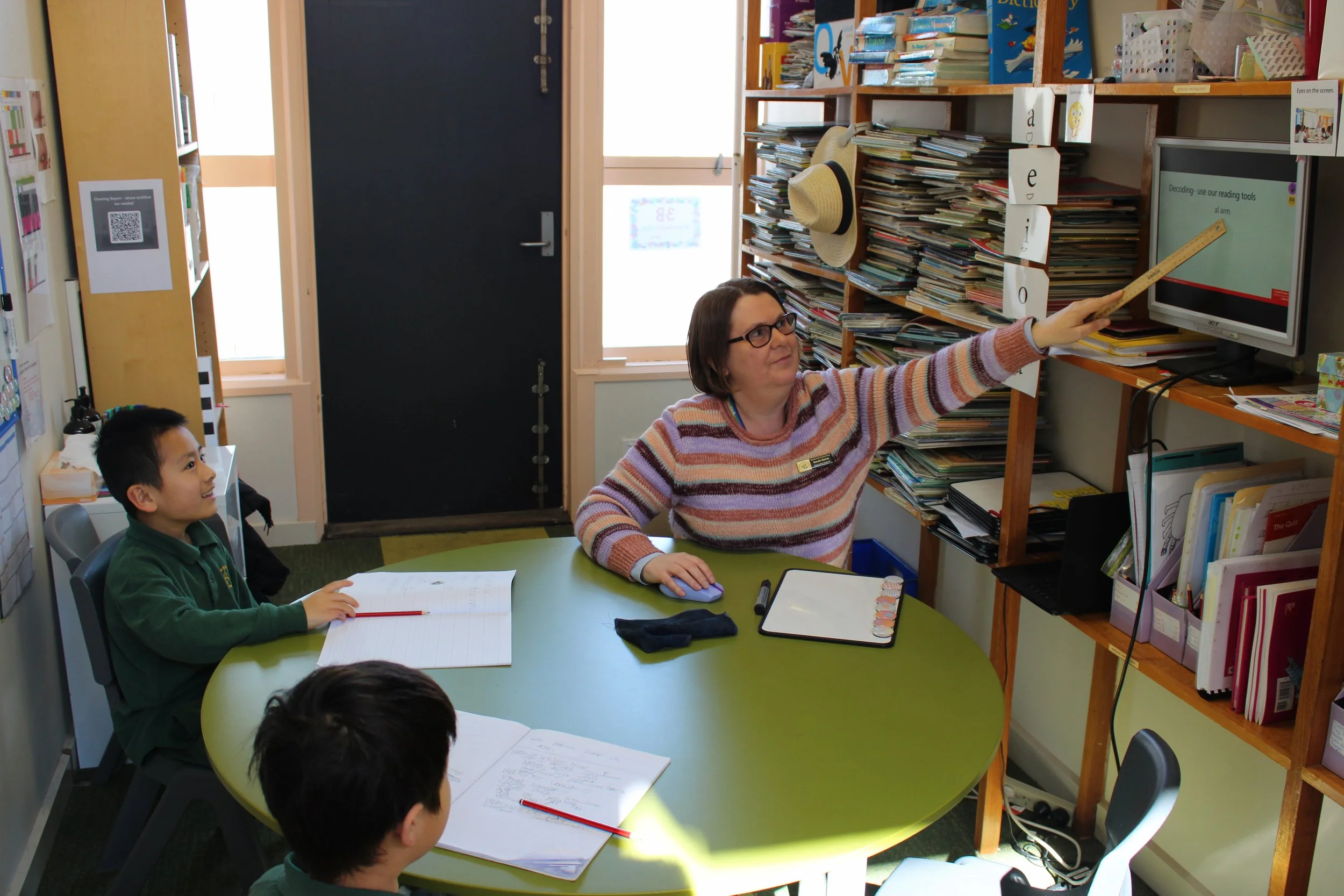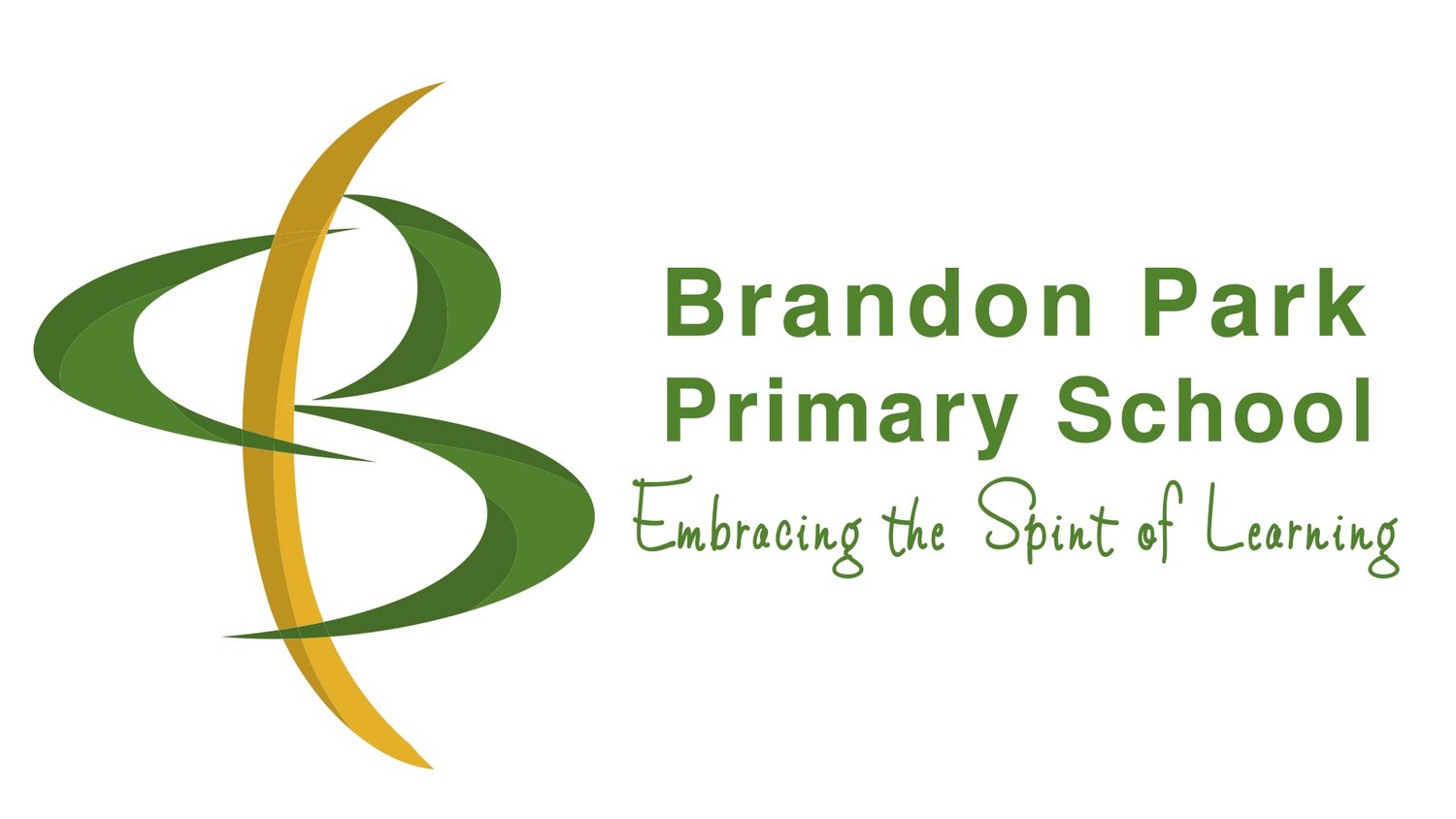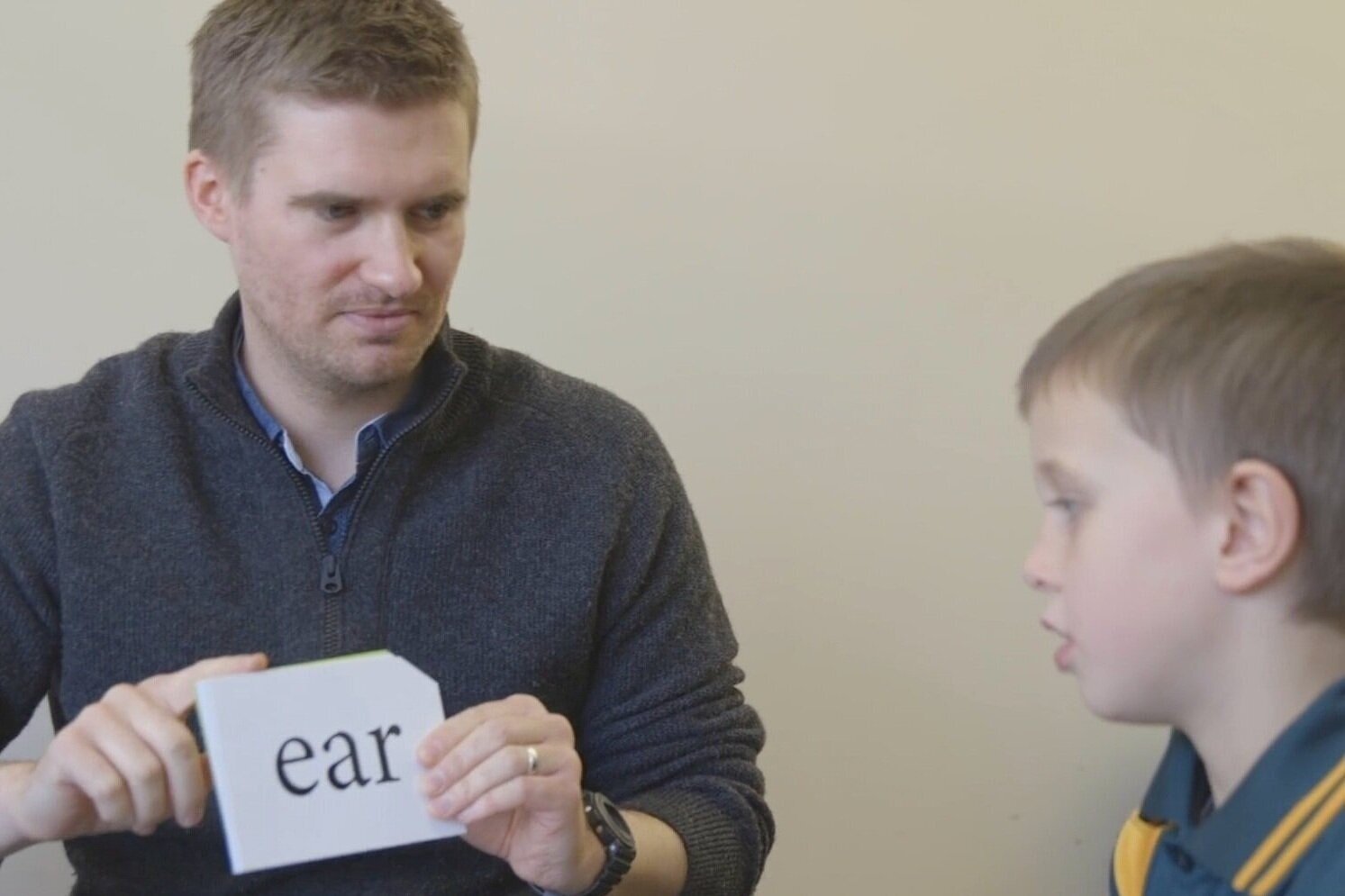
Learning Intervention
At Brandon Park Primary School, we provide a school-wide literacy intervention program which is aimed at improving the foundational reading and spelling skills of children who need additional support. We ensure that the literacy interventions provided follow the best available evidence base regarding teaching children to read and spell. We use programs which use effective techniques in teaching phonics, phonological awareness, fluency, vocabulary and comprehension.
We follow the framework of the Response to Intervention Model, meaning that children requiring some additional support are provided with group interventions and children requiring more intensive support are provided with small group of one-on-one interventions. We identify children for literacy intervention based on their assessment results from class and track growth of identified children closely to evaluate the effectiveness of our interventions.
Our aim in literacy intervention is to accelerate student achievement in literacy to the point where they can maximise their literacy learning and, in many cases, ‘catch up’ to their peers. Our literacy intervention program supports our school’s firm belief that all children must to be literate individuals by the time they leave primary school.

Educational Support Staff
Brandon Park Education Support Staff are a committed team of highly skilled individuals who work diligently to uphold the high standards of learning at BPPS. Led by an ABA consultant/practitioner, ES staff are well-versed in Applied Behaviour Analysis (ABA), an evidence-based approach to understanding and changing behaviour. ABA is not a specific therapy, but a range of strategies that can be used to teach autistic students and other students with related developmental disorders new skills and reduce their difficult behaviours. Through the use of ABA methods of behaviour analysis, our staff have been able to; increase language and communication skills, improve attention, focus, social skills, memory and academics, and decrease problem behaviours.
Each ES staff member receives ongoing training in The Science of Reading and Explicit Direct Instruction. They also work individually with students who have been identified as needing additional support, ensuring continuity of learning by implementing individual programs set out by the Educational Speech and Language Pathologist. Every member of the ES staff is provided with their own laptops to ensure that they have all the tools available to make the reasonable adjustments to the curriculum for their students.
